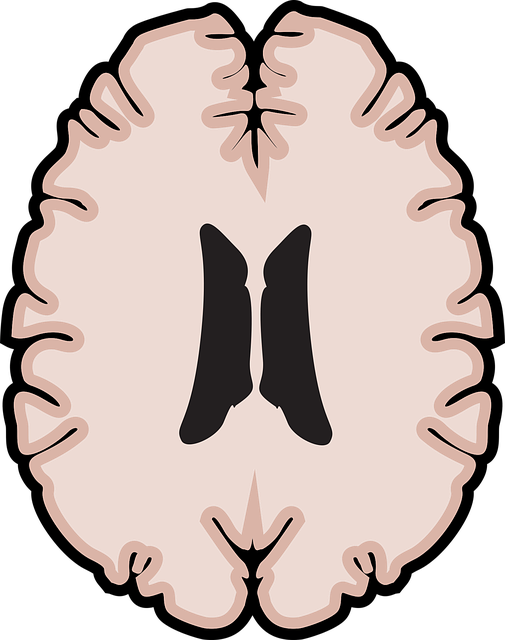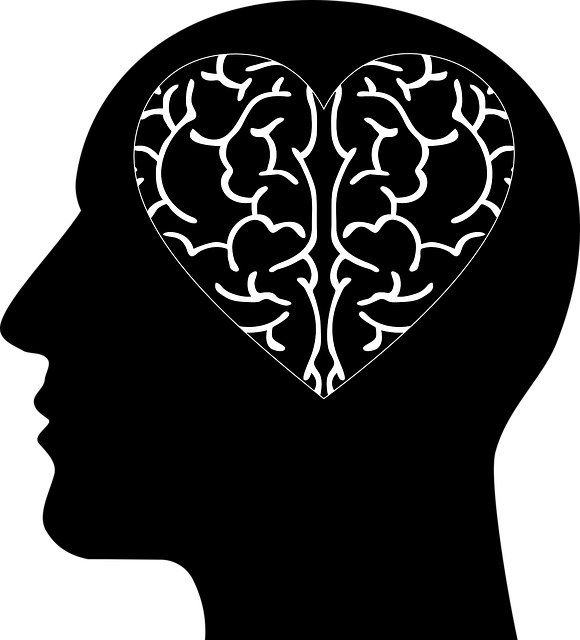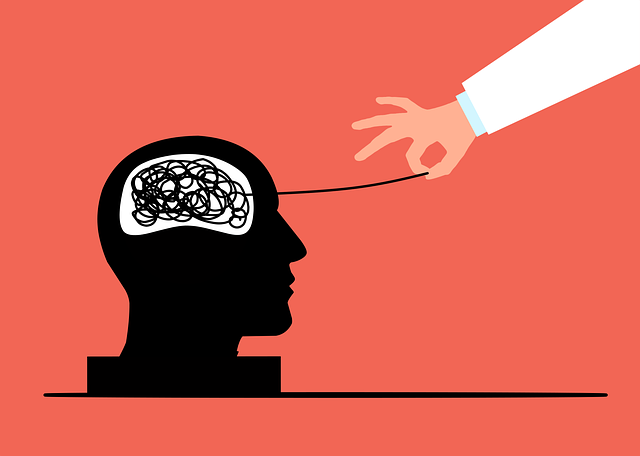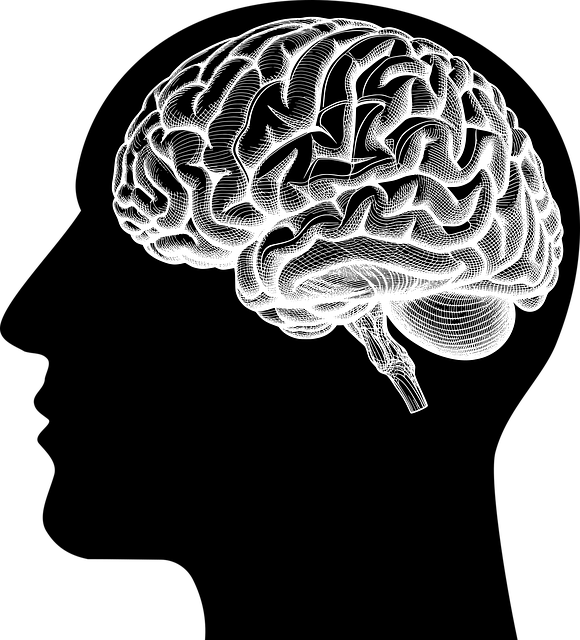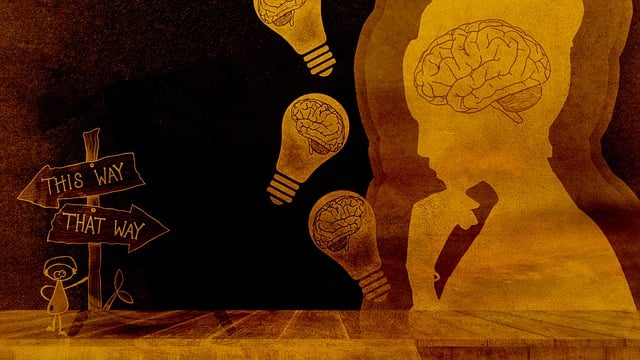Survivors of abuse often struggle with significant mental health challenges due to trauma. Accessing support is complicated by unique barriers, highlighting the need for tailored self-assessment tools. These tools, ranging from questionnaires to apps, help identify issues like anxiety, depression, and PTSD, guiding specialized therapies such as EMDR or CBT. Comprehensive mental health education and public awareness campaigns destigmatize experiences, encouraging individuals to seek assistance through self-awareness exercises and community resources. Effective self-assessment tools for adults who have survived abuse should be sensitive, comprehensive, and nuanced, integrating insights from policy analysis and empowering self-care routines. By incorporating therapeutic elements, these tools enhance mental wellness support, facilitate timely interventions, and empower users to take control of their emotional well-being through Therapy for Adults Abuse Survivors programs. Testing is a crucial phase in tool development, involving diverse user feedback to refine and improve accuracy.
Mental wellness self-assessment tools play a crucial role in addressing the unique challenges faced by adult abuse survivors. This comprehensive article delves into understanding the specific mental health needs of this vulnerable population, examining existing assessment tools, and providing insights on designing effective ones for emotional trauma. We explore strategies to integrate therapeutic elements, ensuring tools are not just evaluative but also facilitative of healing. Additionally, continuous improvement through testing and feedback is emphasized, aiming to enhance support for adults abuse survivors seeking therapy.
- Understanding Adult Abuse Survivors' Mental Health Needs
- Existing Self-Assessment Tools: A Review
- Designing Effective Assessment Tools for Emotional Trauma
- Integrating Therapeutic Elements into Self-Assessments
- Testing, Feedback, and Continuous Improvement Strategies
Understanding Adult Abuse Survivors' Mental Health Needs

Many adults who have survived abuse often struggle with significant mental health challenges due to the profound and lasting impact of their traumatic experiences. This group faces unique barriers when accessing appropriate mental wellness support, which is why tailored self-assessment tools are crucial. Understanding their specific needs requires recognizing the complex interplay between past trauma and current mental health issues.
Survivors of adult abuse may exhibit a range of symptoms, including anxiety, depression, post-traumatic stress disorder (PTSD), and low self-esteem. These individuals often require specialized therapy for adults abuse survivors, such as eye movement desensitization and reprocessing (EMDR) or trauma-focused cognitive behavioral therapy (CBT). Additionally, designing comprehensive mental health education programs and public awareness campaigns can help destigmatize their experiences, encouraging them to seek the necessary support through self-awareness exercises and community resources.
Existing Self-Assessment Tools: A Review

Existing self-assessment tools have played a significant role in helping individuals gain insights into their mental wellness and inner strength development. These tools are crucial for screening and identifying potential issues, especially among adults who have survived abuse. Many assessments focus on specific aspects such as anxiety, depression, or trauma, offering valuable data to guide therapy for adults abuse survivors. By evaluating symptoms, these tools aid professionals in tailoring interventions and treatment plans effectively.
A review of current options reveals a diverse range of self-assessment platforms, from standardized questionnaires to interactive digital applications. While some assessments are general in nature, others are designed with specific populations in mind, ensuring relevant and culturally sensitive content. Incorporating Stress Reduction Methods, for instance, is a notable trend, recognizing the interconnectedness of mental wellness and stress management. These tools have proven valuable in empowering individuals to take control of their well-being and initiate positive changes.
Designing Effective Assessment Tools for Emotional Trauma

Designing effective mental wellness self-assessment tools is particularly crucial when focusing on emotional trauma experienced by adults who have survived abuse. These individuals often face complex and unique challenges that require tailored interventions. Assessment tools should be sensitive, comprehensive, and capable of accurately capturing the nuances of their experiences to facilitate appropriate therapy for adults abuse survivors.
Integrating insights from mental health policy analysis and advocacy ensures these tools are not only effective but also respectful and accessible. Incorporating self-care routine development as part of the assessment process can empower individuals to take proactive steps towards better mental health, enhancing their overall well-being alongside therapeutic interventions.
Integrating Therapeutic Elements into Self-Assessments

Integrating therapeutic elements into self-assessment tools is a powerful strategy to enhance mental wellness support, especially for adults who have survived abuse. These individuals often face complex emotional challenges that require specialized attention. By incorporating therapy techniques directly into self-assessments, we can create a more comprehensive and effective evaluation process. For instance, including questions designed to foster empathy building strategies can help assess an individual’s ability to recognize and manage their emotions, which is crucial for those who may have experienced trauma.
This approach not only provides valuable insights into the user’s mental health status but also serves as a form of Mental Health Education Programs Design. It equips individuals with knowledge about their emotional states and potential triggers, empowering them to take control. Moreover, integrating risk management planning elements can help identify vulnerable users who may be at risk of self-harm or suicide, allowing for timely interventions by mental health professionals.
Testing, Feedback, and Continuous Improvement Strategies

Testing is a critical phase in developing any mental wellness self-assessment tool, especially when considering sensitive topics like therapy for adults abuse survivors. It involves administering the tool to a diverse group of individuals who fit the target demographic, allowing for valuable insights into its effectiveness and potential biases. Feedback from this testing period is essential; it provides a direct line of communication between developers and users, highlighting areas of confusion or strength in the assessment. By gathering these perceptions, developers can refine the tool, ensuring it accurately evaluates mental wellness while catering to the specific needs and experiences of adult abuse survivors.
Continuous improvement strategies are integral to maintaining an effective self-assessment tool. Regular updates based on user feedback not only enhance its accuracy but also keep pace with evolving psychological research. For instance, incorporating strategies for depression prevention or promoting self-esteem improvement can be tailored to the unique challenges faced by this demographic. Developers must remain agile, responsive to the dynamic nature of mental health discourse, and committed to fostering positive changes in the lives of adult abuse survivors through their tools.
The development of robust mental wellness self-assessment tools is crucial in addressing the unique emotional trauma faced by adult abuse survivors. By understanding their specific mental health needs, we can design effective assessments that integrate therapeutic elements to facilitate healing. Through continuous improvement based on testing and feedback, these tools have the potential to revolutionize therapy for adults abuse survivors, offering valuable insights and support tailored to their experiences.

